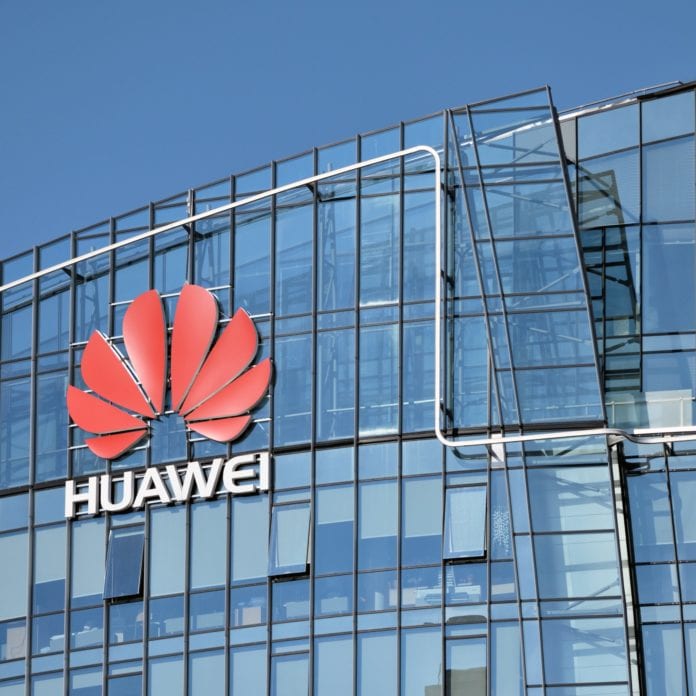The Chinese vendor argues that it had been unfairly targeted by U.S. agencies over national security concerns
Chinese vendor Huawei has appealed to the U.S. Federal Trade Commission for a hearing into its restricted business opportunities in the U.S. market.
The company argues that it has been unfairly targeted by the U.S. government over national security concerns.
“Open competition promotes both innovation and investment,” said Huawei in its filing to the trade commission. “Unfortunately, competition in the U.S. telecommunications market has not been fully open for a long time. Instead, Huawei and certain other foreign entities have faced, and continue to face, regulatory intervention that has inhibited their ability to compete on merit.”
The vendor said that the U.S. government had been implementing a number of actions that have restricted the sale of Huawei gear in the U.S. market, including the Federal Communications Commission’s move this year to bar U.S. carriers from using federal funds to acquire Huawei networking equipment.
Also, President Donald Trump earlier this month signed the National Defense Authorization Act, or NDAA, which includes new regulations that ban government agencies doing business with Huawei and ZTE. The bill prohibits the U.S. government and its contractors from buying certain telecommunications and video surveillance equipment from Huawei, ZTE and other Chinese communications companies. The ban covers components and services deemed “essential” or “critical” to any government system.
Huawei said all of these actions have severely restricted its ability to compete in the U.S. market.
The vendor also said that government interference that restricts competition results in significant costs to consumers in the form of higher prices, lower quality, reduced investment, and lower incentives to innovate.
“Given its longstanding history as an advocate of competition, the FTC is uniquely positioned to help prevent proposed restrictive regulations that would unnecessarily limit consumer choice and create market inefficiencies,” Huawei’s filing reads. “There is a strong need for the FTC to provide Congress and the FCC with its expert economic analysis of the telecommunications industry, as well as of the actual risk and scope of perceived harm to U.S. interests, both now and on an ongoing basis, so that American national security and economic policy can be reviewed and adjusted with the best expert input from all agencies.”
In a separate statement, Huawei said that several U.S. government agencies have targeted Huawei in a series of market interventions, citing unfounded security concerns.
“We have asked the Federal Trade Commission to work with their peers in government to ensure that the effects of these interventions are fully understood and accounted for,” the vendor said.
Chinese vendors are facing similar pressures in Australia. Australian authorities recently announced a decision to prevent certain vendors from taking part in the rollout of 5G mobile networks across the country, effectively banning Chinese companies Huawei and ZTE from involvement.
Huawei said the decision by the Australian government to block the company from the country’s domestic 5G market is politically motivated and not the result of a fact-based decision-making process
The Australian government said that the new 5G technology provides a way to circumvent traditional security controls by exploiting equipment in the edge of the network — exploitation which may affect overall network integrity and availability, as well as the confidentiality of customer data.
However, Anand Prasad chairman, of the 3GPP TSG SA Working Group 3, which is responsible for security and privacy in 3GPP systems, said that “3GPP TS 33.501 specifications sets out a new whole new security regime for 5G that protects 5G networks from untrusted actors or devices at the edge, while roaming or while connecting with untrusted networks.
“These specifications bring several security enhancements not seen in any of the earlier generations,” he said.

